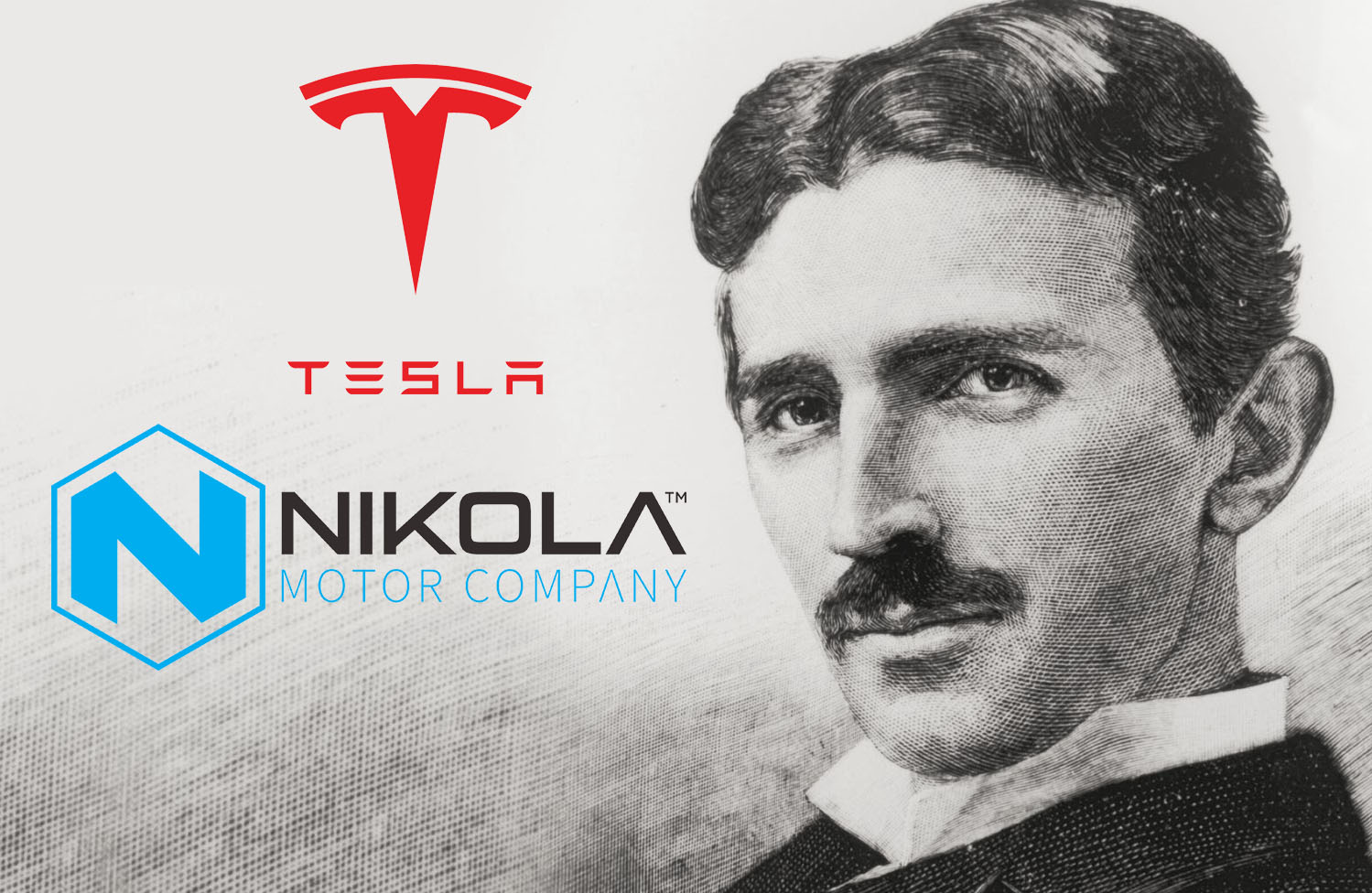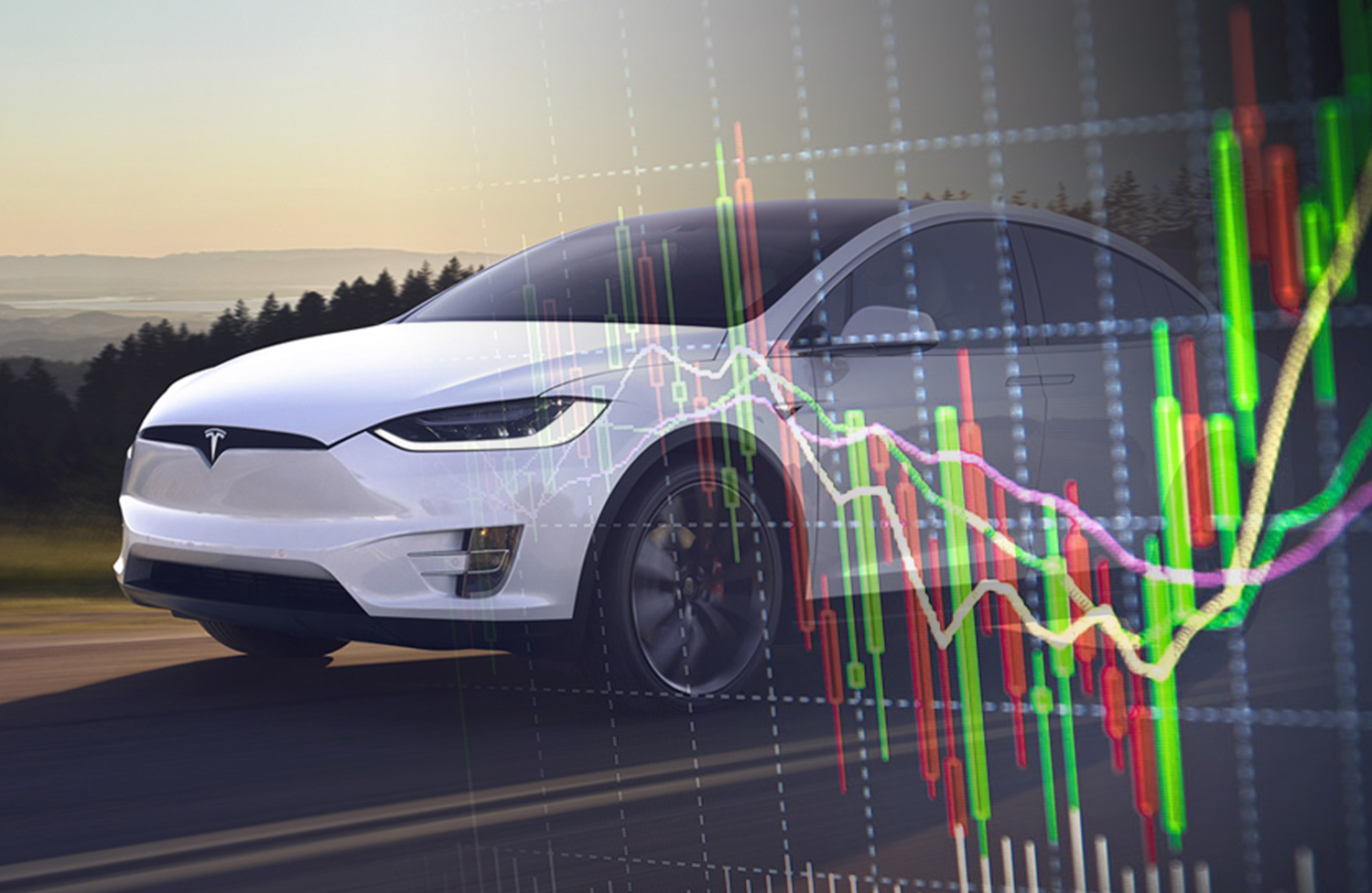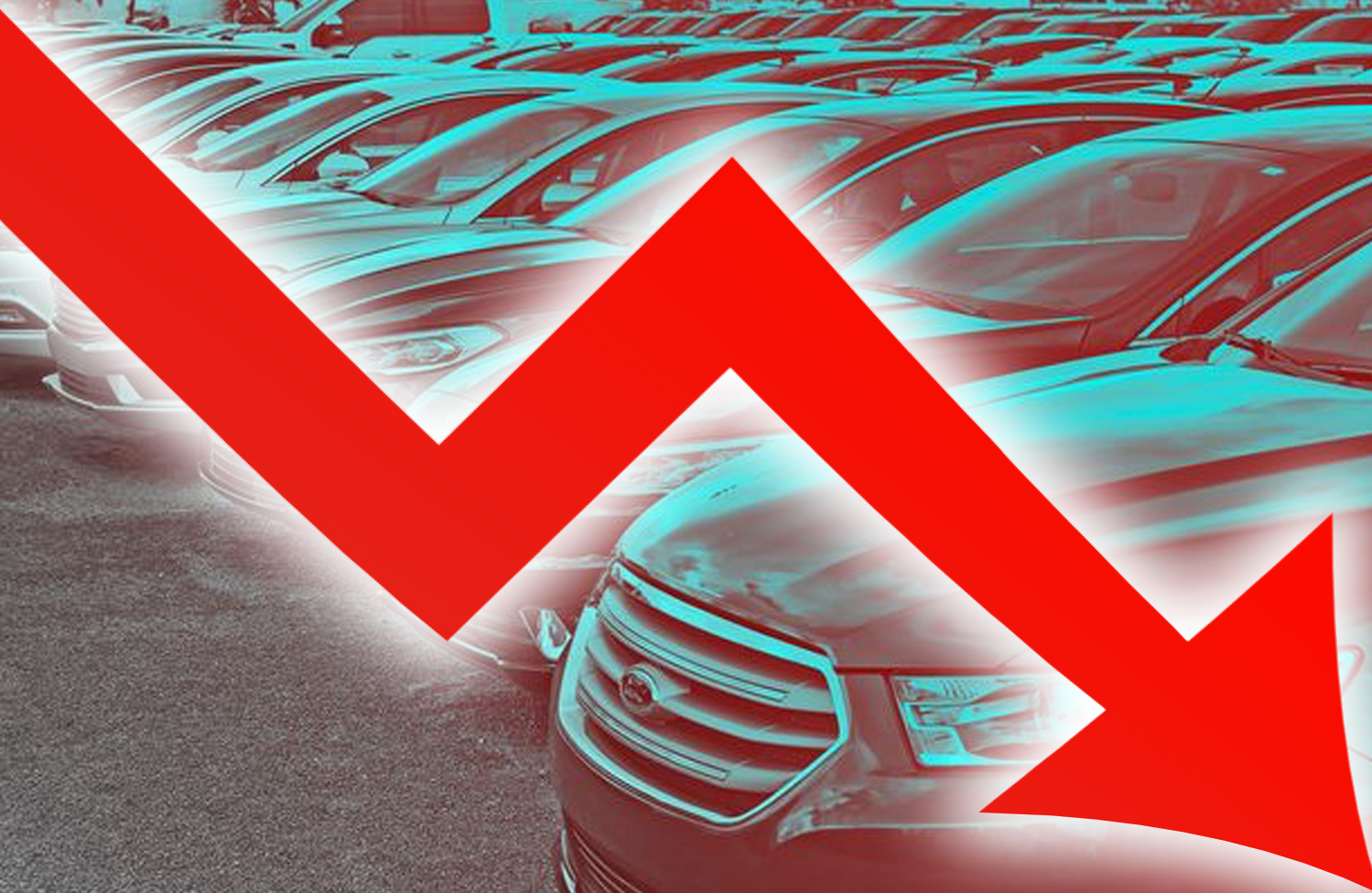I’ll recount to you a scene from one of my favorite movies of all time if that’s alright. The film, in question, is David Fincher’s “The Social Network,” a biographical drama about the founding of Facebook (FB) and the accompanying legal journey Mark Zuckerberg endures after the idea is born. In the scene, Cameron Winklevoss, Tyler Winklevoss, and Divya Narendra are planning to sue Zuckerberg for allegedly stealing the source code and design of their site, ConnectU, formally known as The Harvard Connection. Zuckerberg had verbally acknowledged helping his new partners with their site but ended up putting all his efforts into Facebook (FB) at the time. The films go on to detail Zuckerberg’s life and eventual major success with his social media platform, but not before showing audiences that he paid the Winklevoss team millions in settlements.
The film immortalized Mark Zuckerberg as a cultural tech icon, but also depicted the Winklevoss Twins as the guys who didn’t wise up in time. American trucking startup Nikola Motor Company, though not created in retaliation of a colleague who stole their idea, is wise to the country’s desire for environmentally conscious forms of transportation.
Nikola Motor, named after the famous Serbian-American inventor Nikola Tesla, was founded in Utah to manufacture and distribute electric vehicles for consumers. You can already guess, at least by their name and entire company mission, who their biggest competitor is. If you can’t, we may need to sit down and have a long talk, son.
Back in 2016, Nikola Motor announced its two initial vehicle offerings; The Nikola Zero, a utility terrain vehicle (UTV) with a max range of 125 miles, not necessarily bringing the electric heat for auto enthusiast and the Nikola One, a semi-truck that’ll get’er done in 1,200 miles or less. Two years have gone by and that other company named after Nikola, Tesla (TSLA) and its CEO Elon Musk, have peaked the curiosity of environmentalists and car owners the world over. In recent news, Tesla (TSLA) has testing and debugging their advanced driver assist system, known as Autopilot. The system, according to tech experts, uses a host of cameras and sensors enabling the car to essentially drive itself.
Over at the first-name truck company, Nikola Motors, the company announced on Tuesday that a third generation version of their semi-truck, the Nikola Tre, will have a hydrogen-electric fuel cell generating 1000 horsepower, and will begin global production in 2023.
“This truck is a real stunner and long overdue for Europe. It will be the first European zero-emission commercial truck to be delivered with redundant braking, redundant steering, redundant 800Vdc batteries, and a redundant 120 kW hydrogen fuel cell, all necessary for true level 5 autonomy.”
–Trevor Milton, Founder and Chief Executive Officer, Nikola Motor Company
Compared to Tesla’s (TSLA) semi which boasts a 500-mile range on an electric battery, Nikola Tre will run solely on hydrogen. According to the company’s official press release, they are currently partnered with Nel Hydrogen, a hydrogen production solutions company based in Norway, to create 700 hydrogen stations across the US and Canada by 2028. This will allow truck drivers operating Nikola Tre vehicles to refuel with ease as they transport goods along the highways and roadways of the country.
“Nel has been good to work with for our USA station design and rollout. We will work with Nel to secure resources for our European growth strategy. We have a lot of work ahead of us, but with the right partners, we can accomplish it.”
–Kim Brady, Chief Financial Officer, Nikola Motor Company




